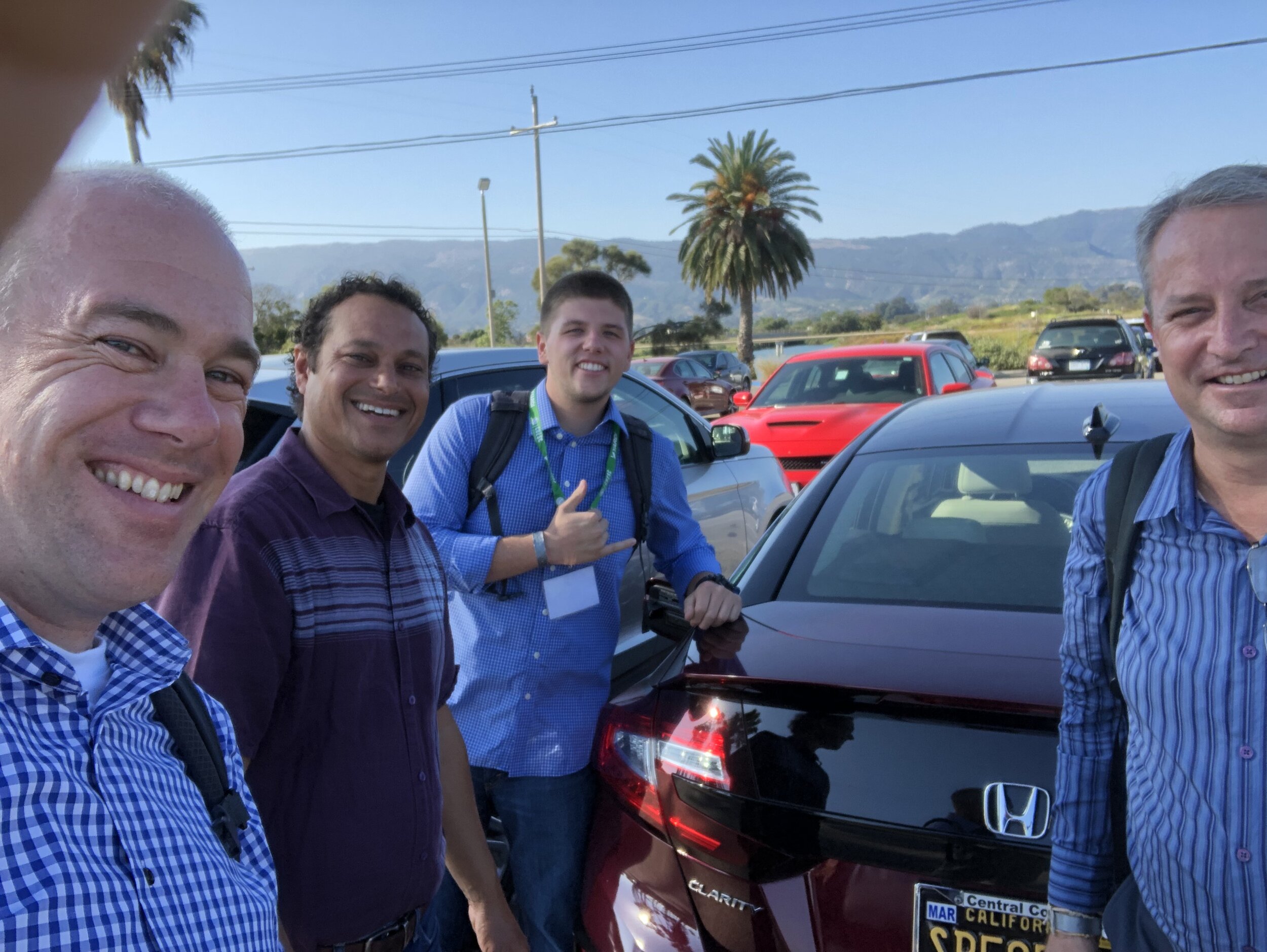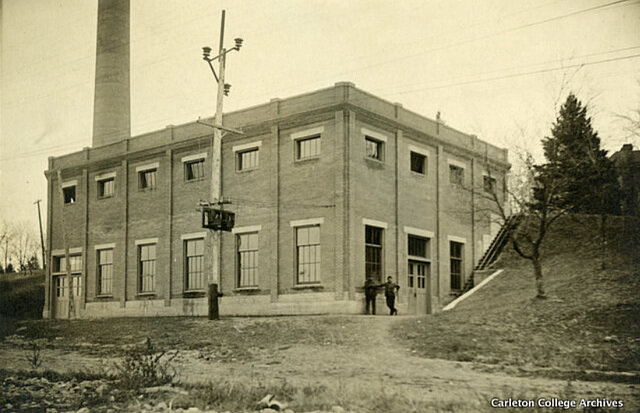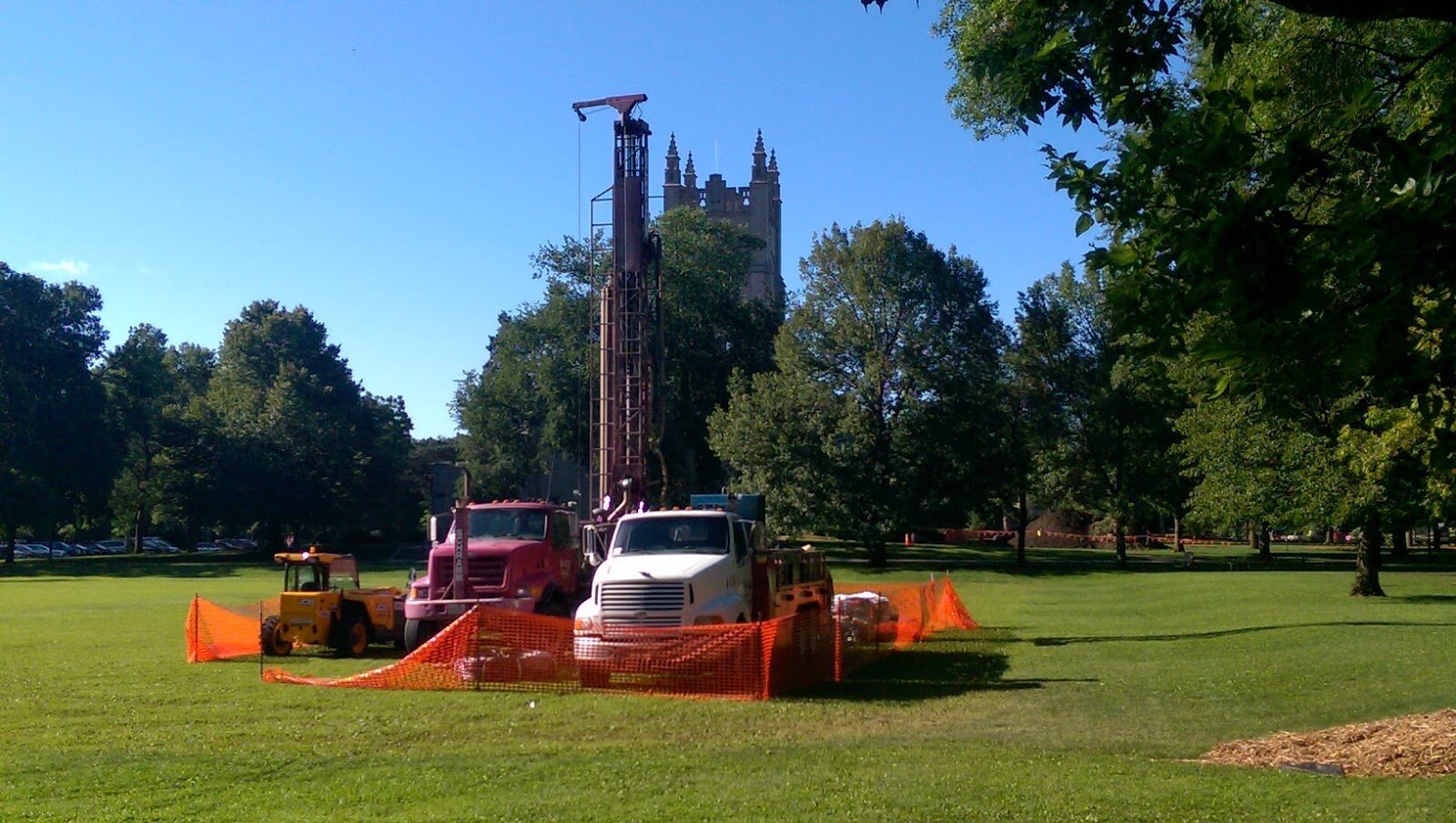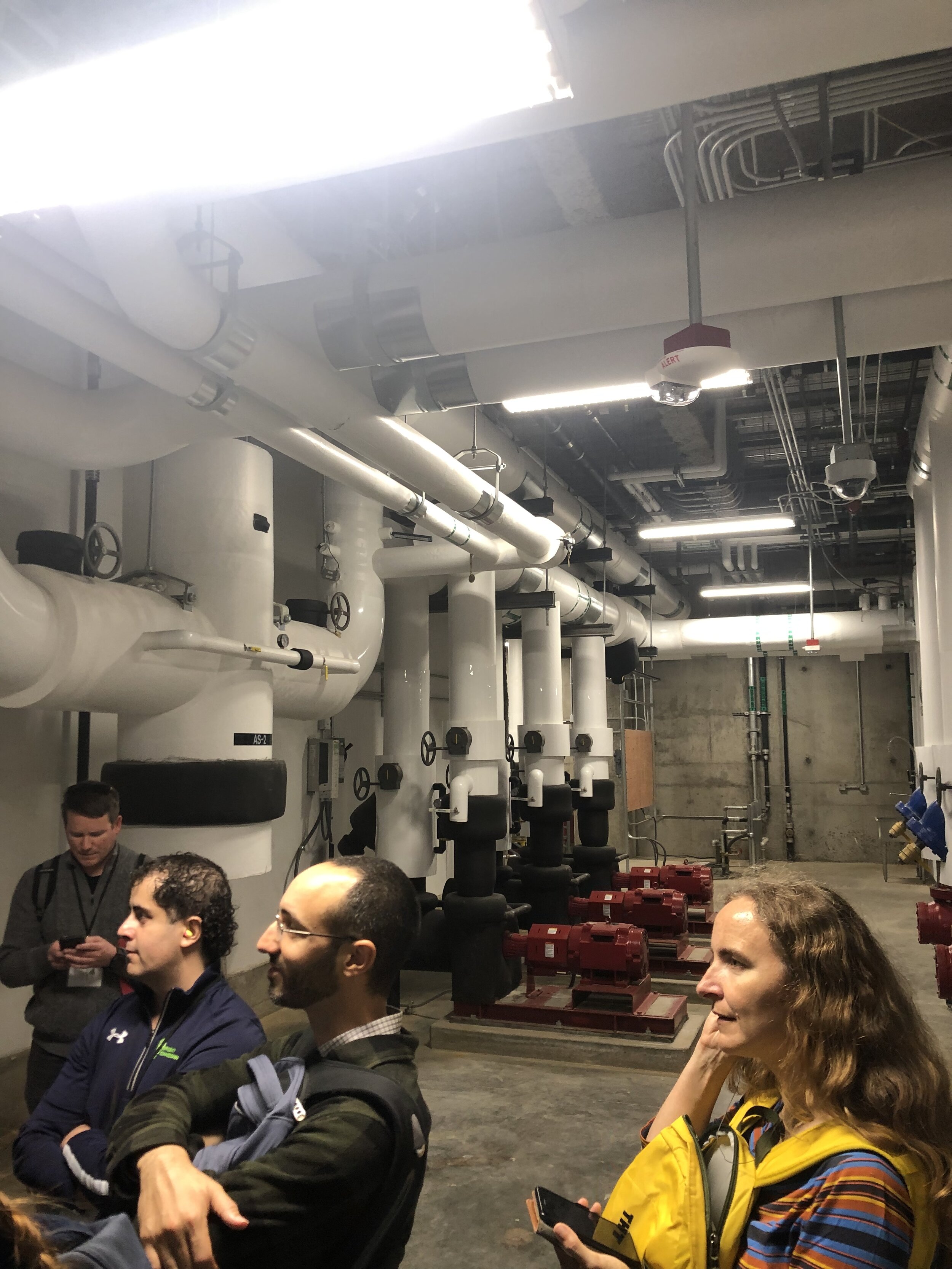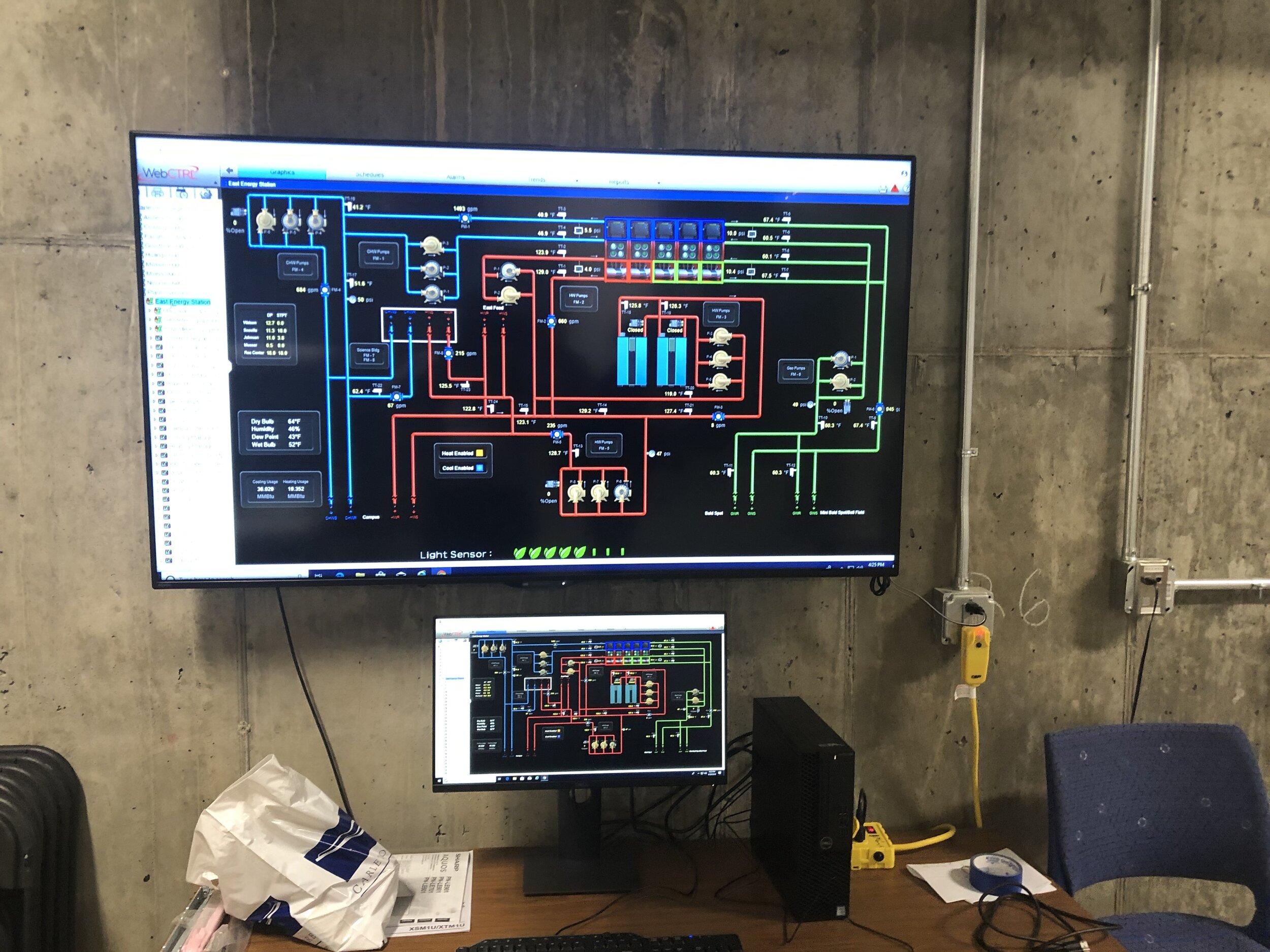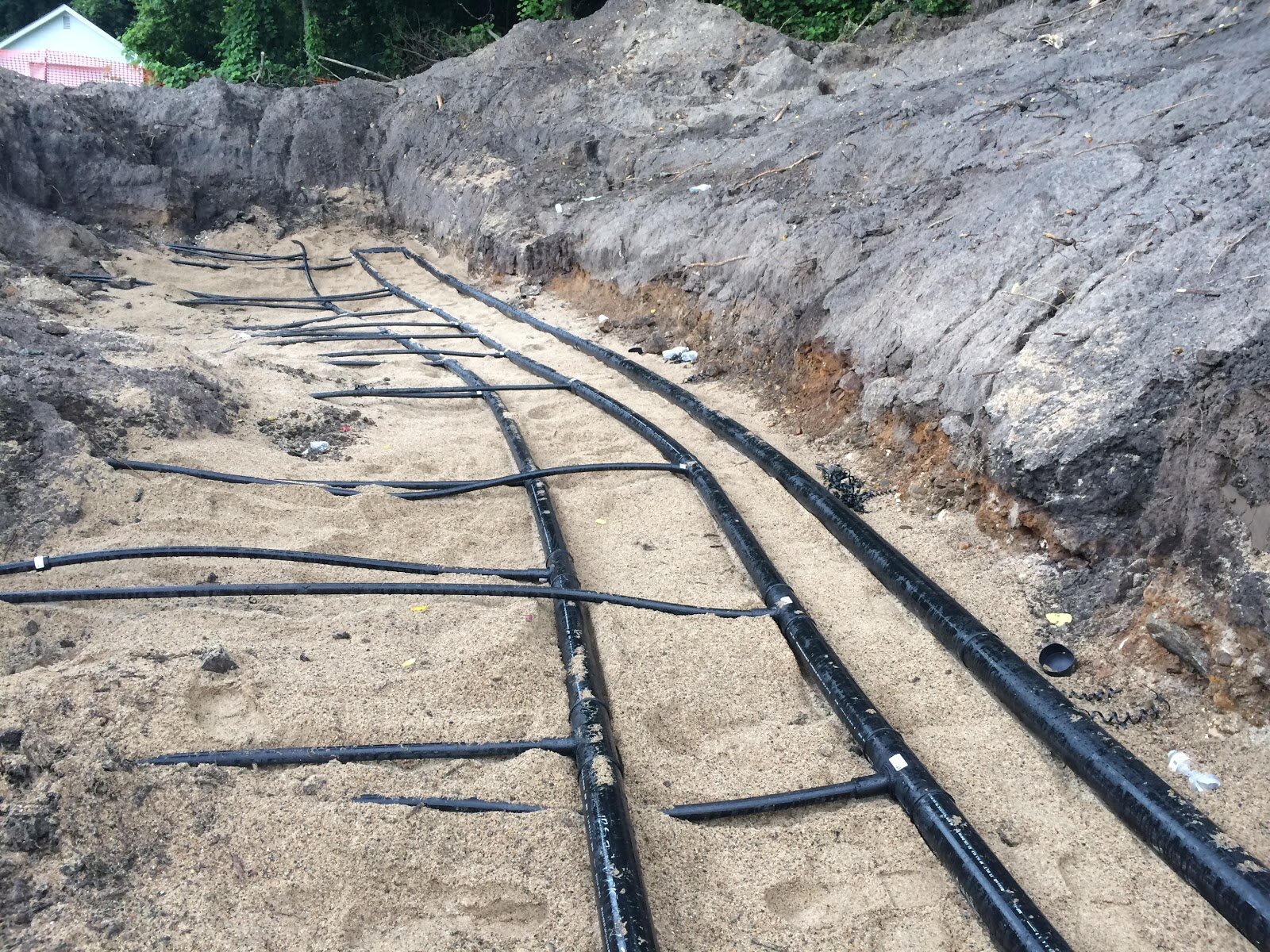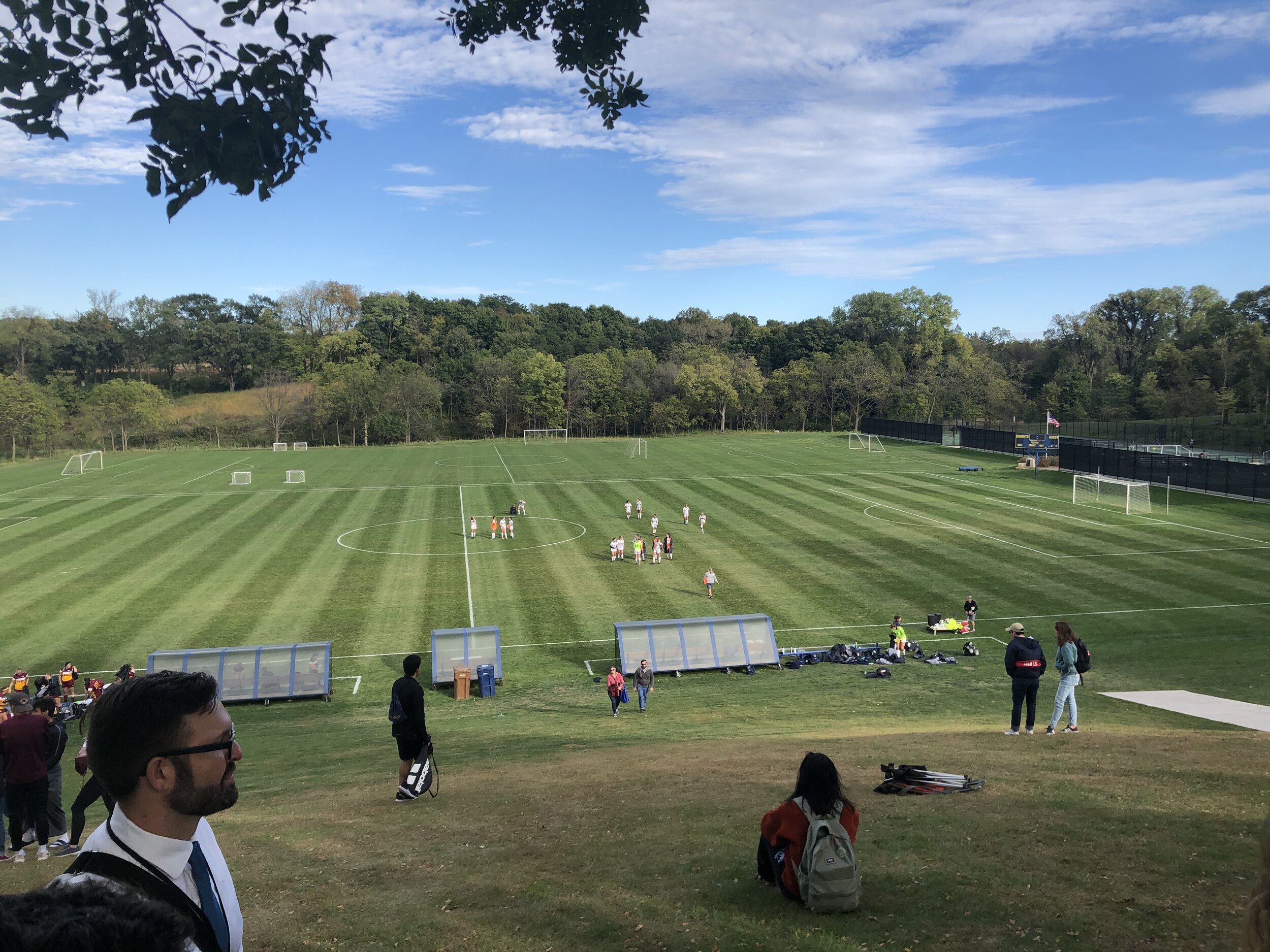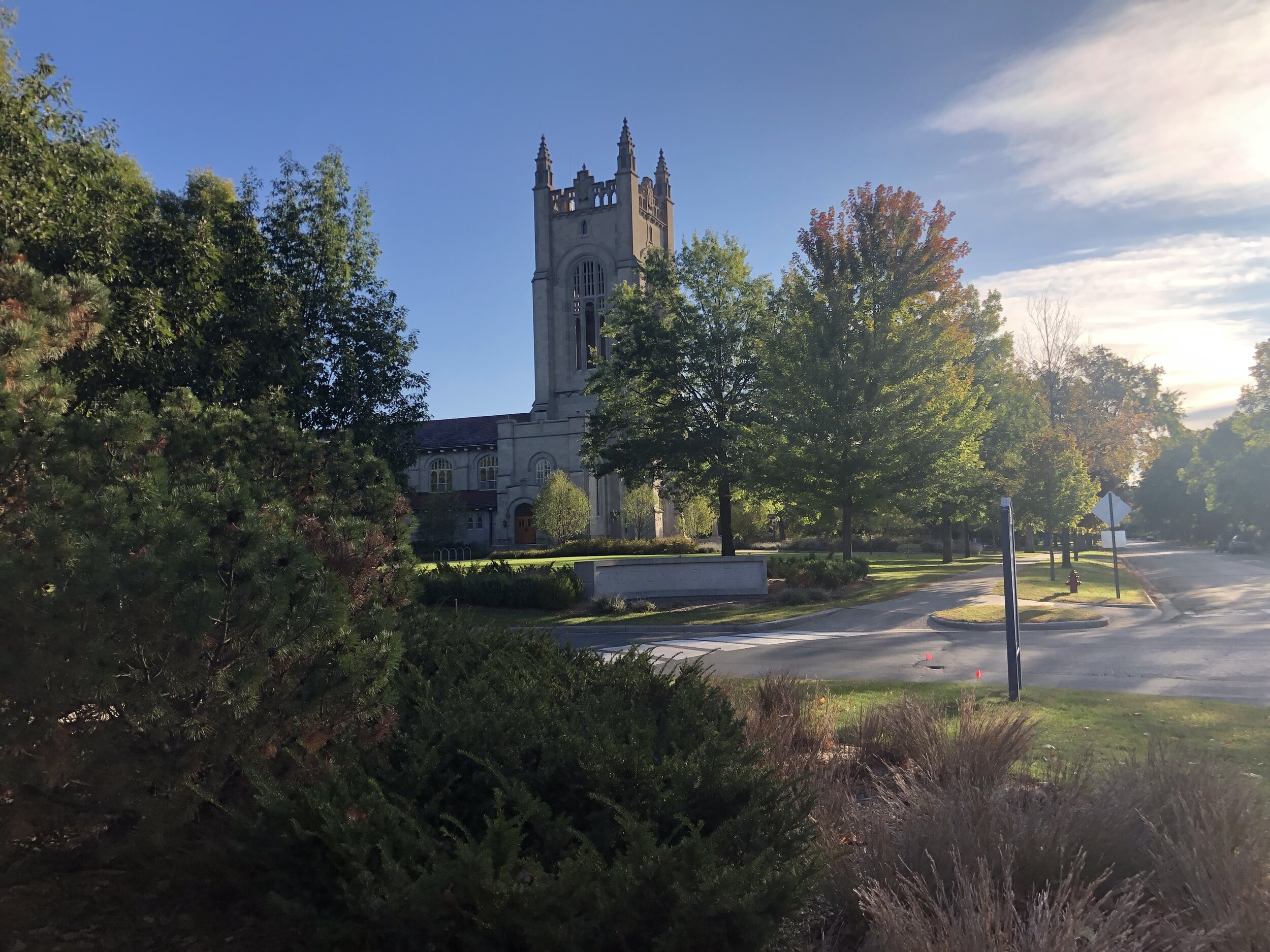Episode 27: To Electric Vehicles and Beyond - Low-carbon transportation with Arjun Sarkar
Arjun Sarkar, Sustainable Transportation Coordinator, University of California, Santa Barbara
Guests:
Arjun Sarkar
Sustainable Transportation Coordinator, University of California, Santa Barbara
Host:
Dave Karlsgodt
Principal, Fovea, LLC
The United State’s transportation sector lays claim to 29 percent of the country’s total greenhouse gas emissions. Cars, buses, trucks and airplanes, used as a part of daily life, present sustainability challenges that college and university sustainability officials feel poised to tackle.
In this episode, host Dave Karlsgodt sits down with Arjun Sarkar, Sustainable Transportation Coordinator for the University of California, Santa Barbara, to discuss low-carbon alternatives for transportation. In California, transportation accounts for 41 percent of the state’s total greenhouse gas emissions. The discussion ranges from electric vehicles and renewable fuels to the economics of alternative fuel vehicles and hydrogen fuel cell technology. Arjun speaks specifically of UCSB and California as well as themes with national scope.
Resources:
DOE Alternative Fuels Data Center: https://afdc.energy.gov/
Greenhouse gas inventory, emissions by sector
Contact Arjun by email: arjun.sarkar@ucsb.edu
Production Team:
Episode Transcript:
The following is an automated transcription of this episode which will include errors and omissions. You can listen and follow along with the text here:https://otter.ai/s/vVan_gtTQmW4KxMhansNCQ
You can find a text-only version of the transcript here:
